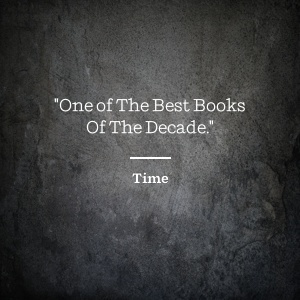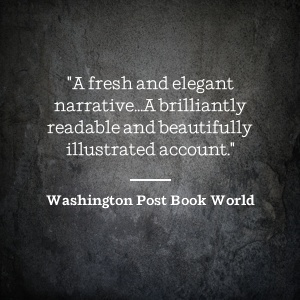Customer Services
Copyright © 2025 Desertcart Holdings Limited
Desert Online General Trading LLC
Dubai, United Arab Emirates


📖 Unlock the Secrets of History with Every Page!
Simon Schama's 'Citizens: A Chronicle of the French Revolution' offers a detailed and engaging exploration of the events, figures, and ideologies that shaped one of history's most significant revolutions. With a blend of narrative flair and scholarly insight, this book is a must-read for anyone interested in understanding the complexities of the French Revolution.



Trustpilot
1 month ago
1 month ago